Looking on Tempests: Bipolar People and Love
Having a romantic relationship with bipolar disorder can be challenging, and I have discussed some of these challenges before. In this post, however, I want to discuss something very specific: the bipolar experience of love. Love, as an emotional state, can be extremely powerful, even for people without bipolar disorder. For people with bipolar disorder, it mixes together with our mood episodes in various ways.
At the end of the day, this creates some special challenges for those of us with bipolar disorder when it comes to love. I want to look at some of the specific ways that bipolar disorder complicates love and provide some tips for dealing with those complications. The post may also be helpful for those who are in relationships with people who have bipolar disorder to help understand what is going on.
Problem #1: Is It Hypomania or Is It Love?
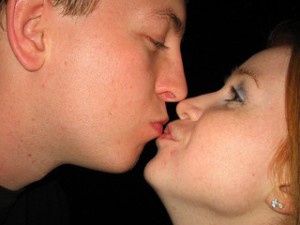
Source: azchristopher - CC BY 2.0
- Everything around you seems absolutely amazing.
- You are filled with massive amounts of energy.
Okay, now what are some of the features of being in love?
- Everything around you seems absolutely amazing.
- You are filled with massive amounts of energy.
Uh oh. Both being hypomanic and being in love can create elevated mood states, which can affect the way that we perceive the world around us, and the amount of activity that we feel we can engage in.
The problem is when we meet or are dating someone whom we suddenly think is absolutely wonderful while in a state of hypomania. This can create in us a sense that the hypomanic episode that we are having is somehow connected to the person that we have met, and that somehow what we are experience is love when it is just a mood episode.
How do we tell the difference, then? There are a couple of things to look for. First, did the mood elevation occur before meeting the person with whom we think we are in love? If so, then that person probably isn’t the cause. If we have a long-term friendship and suddenly we find ourselves falling in love, then we should see if there’s any reason that might explain this, other than a mood episode.
At the end of the day, though, the best way to tell if something is love or simply a hypomanic episode is to wait. Hypomanic episodes will wear off, and then we can see what kind of emotions we have with respect to the other person once the episode is over. Love won’t wear off quite as easily.
So, and if you’ve read some of my other posts, you’ll notice that this is a theme, we need to be suspicious of our emotional states, at least initially. At the very least, we risk hurting or embarrassing ourselves if we act impulsively on what feels like love.
(S)he Loves Me/(S)he Loves Me Not
One frustrating problem with bipolar disorder is that it has a tendency to project itself onto the world, especially onto other people. When we are hypomanic or manic, we often aren’t just convinced that the world is incredible, we are convinced that the world loves us. When we are depressed, the opposite can occur. Not only might we be convinced that the world is terrible, but that others do not like us, either.When we are in love or in a romantic relationship, we have a great deal of emotional investment in the opinion of the other person in the relationship. However, the tendency to project during emotional episodes can create a situation where we are constantly bouncing back and forth between the belief that our significant others think we are the most amazing people in the world and that they think that they are angry or disappointed and might even leave us at any moment.
This, of course, can lead to instability in relationships. The conviction that the other person thinks we are incredible no matter what we do can lead us to ignore their actual feelings. On the flip side, worry that the other person might leave can lead to jealousy or simply the kind of anxiety that can tax a relationship.
So, how to deal with this phenomenon? I would suggest that the best approach would be to take a page right out of cognitive therapy. Cognitive therapy helps get rid of what they call “hot thoughts”, that is, thoughts that appear automatically in certain types of situations and can affect our mood. When we are in love, all of our thoughts related to the other person become heated up, as it were, and some of the same strategies can be applied here.
To eliminate a hot thought (or worry about a relationship), there is a three step process one can take:
- What is my evidence that the thought is true?
- What is some evidence that the thought might be false?
- What is a balanced thought that accounts for both sets of evidence?
So, for instance, if my hot thought is, “My girlfriend seemed angry at me yesterday, so she may leave me,” I can add to the evidence, “My girlfriend told me she loved me just two days ago,” and combine it into “My girlfriend may be angry because I was late yesterday, so I should apologize for being late.” This method is remarkably effective for dealing with anxiety in general, and can be especially effective in the “warm thought” realm of bipolar love.
A Thousand White-Hot Suns
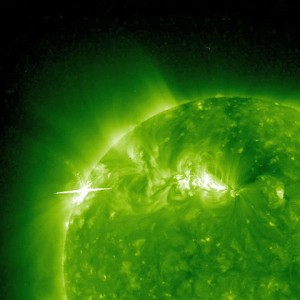
Public Domain
- Love + elation = very intense love
- Love + anxiety = jealousy
- Love + depression = the desire to be rescued or just run away
- Love + irritability = anger
And so forth. These are just examples, and won’t hold in every case. Plus, there are many more possible combinations and outcomes. Human emotion is just very intense.
However, as you’ve probably noticed, people are often frightened off in relationships by too much intensity, especially early in a relationship. This can create a self-sabotaging effect and make it difficult if not impossible to generate or keep a long-term, successful relationship.
At the end of the day, there is really only one solution to this problem: insight. I’m using this in the technical sense in which it is used by psychotherapists, where it means being aware of our emotions and why we are feeling the way that we do. That enables us to dispel some of the illusions that the emotions produce in us.
This provides the most important skill for bipolar people who are in love, the ability not to focus all one’s emotional energy on a single person. We need to recognize what we are actually feeling, how much of it is actually connected to the object of our love, and to be able to treat that person fairly by not letting him or her become the focus of what is ultimately an internal combination of mood and affection.
Conclusion
Love itself can create special problems for people with bipolar disorder. It is an already strong and intense emotional state, and when merged with our mood episodes, can produce problematic results. There are three tips to keep in mind:
- Be suspicious of love in a hypomanic state; it may not be what it appears to be.
- We can avoid projecting our anxieties onto people whom we love by using tools of cognitive therapy.
- Intense emotions focused on a single individual can wear them out or frighten them off. We need to develop the insight to see how our emotions merge together.
Love can be a wonderful experience, and seeing how it interacts with bipolar disorder can be an important part of developing healthy relationships.
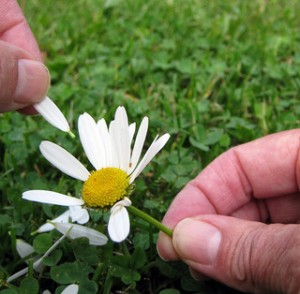


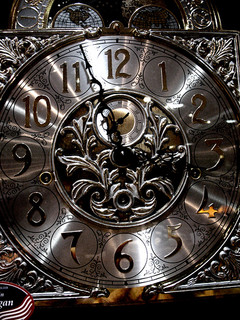


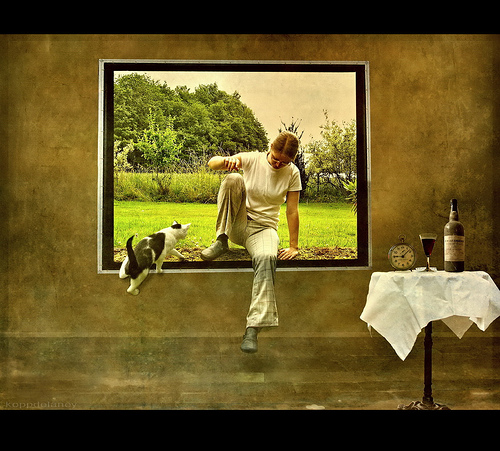
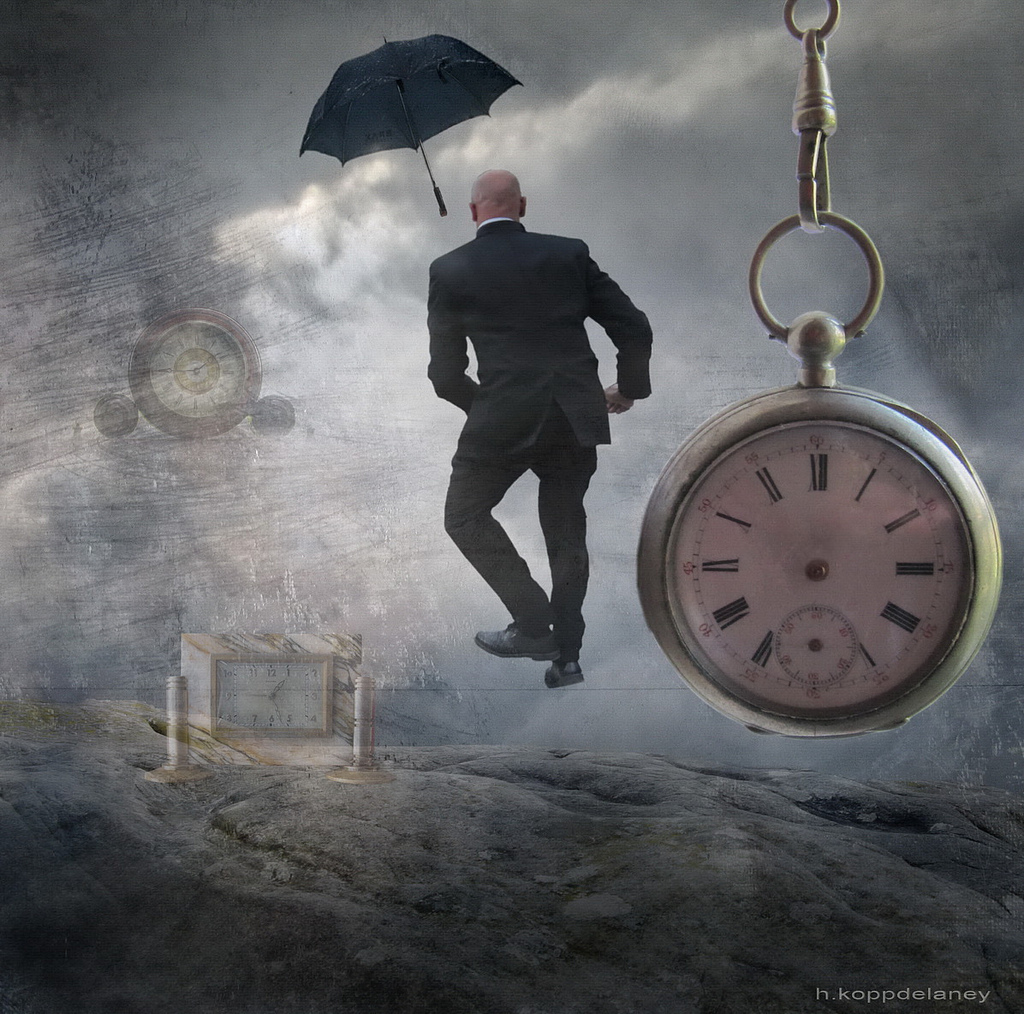
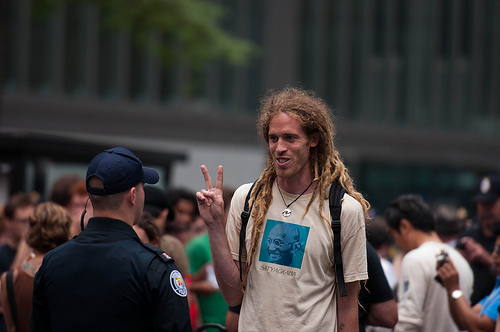

Very interesting and sounds very familiar . Not my experience though but those of my ( non bipolar ) kids when they were young teenagers. It could all be very Romeo and Juliet at that age ( which is the age Romeo and Juliet actually were LOL ) So can the bipolar love experience be seen as immature as a result ? I would also go further and say that even in bipolar the relationship experience is different for men and for women. I think more women like intense guys early on that men like intense women lol Just my observation .
Good point, Bernadette. This article is written from the male perspective, and I hadn’t really thought about the way intensity comes across differently to men. I wouldn’t quite call the way love affects bipolar people immature, since maturity is partly how we deal with our emotions, but it’s a good point that the feelings themselves do have some resemblance to the intensity of youth.
Great article, thank you. I have a great deal of trouble with this, especially since I had found I had been concentrating on my bipolar, but ignoring my borderline personality disorder (which you can imagine magnifies the problems you speak of!). I hope to be starting therapy soon, to address those very issues.
Out of curiosity, do you have any experience with BPD coupled with bipolar?
Not really, Bea. I do know one woman with both, though not especially well. All I know is that they are comorbid fairly often. It would be interesting to post something about them together at some point, but right now, I don’t really know enough about it.
Hi just to clarify , I was just surmising whether bipolar love could be perceived as being Immature from the outside not from the inside. More to do with buying into the stereo types that people seem to apply to people with bipolar. Thankfully with powerful drugs comes the death of the sex drive making the whole relationship question irrelevant for some anyway 🙂
Fair enough :). Thank you for the clarification.
I thought you were writing this about me!! I meet someone, am in deep intense “love” almost instantly, and before I know it, I am married. Three marriages later, have now decided relationships will be given a miss
Thank you for sharing this, Paul. Love with bipolar disorder can really be overwhelming.